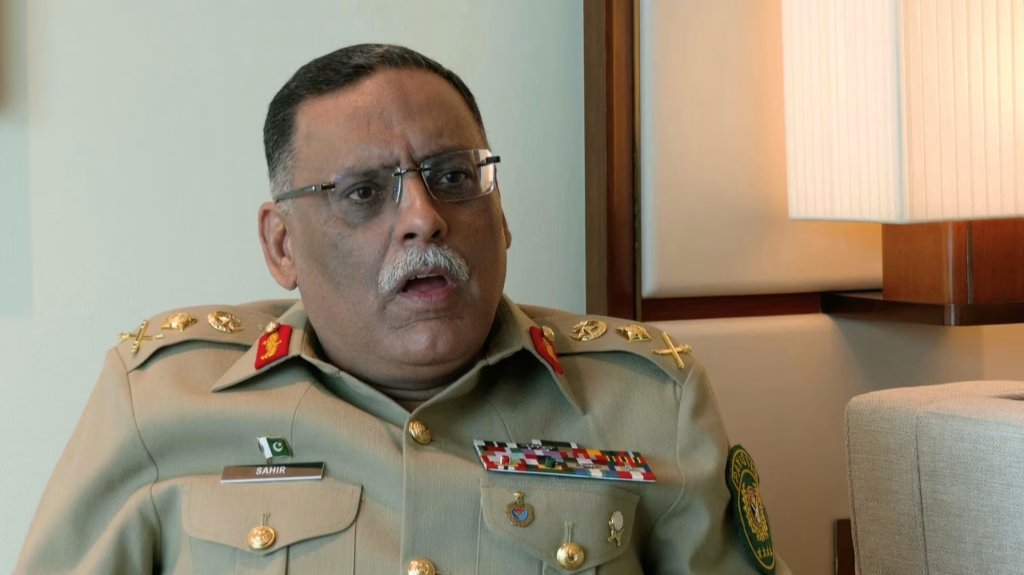Pakistan and India are now reducing their troop presence along the border after days of intense fighting earlier this month. General Sahir Shamshad Mirza, Chairman of Pakistan’s Joint Chiefs of Staff Committee, confirmed this development during a conversation with Reuters on Friday. He noted that the India-Pakistan conflict had created a dangerous situation, raising fears of future escalation.
The conflict saw the use of fighter jets, drones, artillery, and missiles. The four-day battle was the most severe between the nuclear-armed neighbors in decades. It ended with a ceasefire, but not before leaving deep concerns about long-term peace.
The current tension was triggered by a deadly April 22 attack in Indian-occupied Kashmir. The assault claimed 26 lives, mostly tourists. India accused Pakistan of supporting the attackers. Islamabad firmly denied the claim.
On May 7, India responded with missile strikes across the border, targeting what it described as “terrorist infrastructure.” Pakistan retaliated. Both sides began moving more troops to the front lines, fueling fears of a full-blown India-Pakistan conflict.
General Mirza stated that both armies had begun pulling back troops. “We have almost come back to the pre-22nd April situation,” he said. “We are approaching that, or we must have approached that by now.”
India’s Ministry of Defence and its Chief of Defence Staff office did not immediately respond to questions from Reuters regarding Mirza’s comments.
Speaking from Singapore at the Shangri-La Dialogue, Mirza clarified that nuclear weapons were never considered during this India-Pakistan conflict. However, he stressed that such tensions carry high risks. “Nothing happened this time,” he said. “But you can’t rule out a strategic mistake during a crisis.”
Mirza warned that the danger had grown because this time the fighting spread beyond Kashmir. Both countries attacked each other’s military targets inside their mainlands. Neither side has admitted to serious damage, but the action marked a major shift.
Earlier this month, Indian Prime Minister Narendra Modi threatened further action. He warned that India would again strike “terrorist hideouts” across the border if attacked.
General Mirza called this a dangerous trend. “This lowers the threshold between two nuclear-armed states,” he said. “The next India-Pakistan conflict may not stay limited to disputed areas. It could involve the entire territories of both countries.”
Behind-the-scenes diplomacy helped end the violence. According to Reuters, the United States played a key role in pushing for peace. Pakistan acknowledged this. However, India rejected the idea of third-party involvement. It insisted any talks must remain bilateral.
Mirza expressed concern about the future. He said the lack of crisis management tools between the two countries could block diplomatic efforts. “The international community will have very little time to step in,” he said. “By then, damage may already be done.”
He said Pakistan remains open to dialogue. Still, the only existing contact is through a crisis hotline between military officers. Some tactical-level communication also happens along the border. Beyond that, there is no active engagement.
India’s foreign ministry repeated its stance on Thursday. “Talks and terror don’t go together,” said the spokesperson when asked about possible talks with Pakistan.
General Mirza confirmed there are no backchannel talks at present. He also said he had no meeting planned with India’s Chief of Defence Staff General Anil Chauhan, who is also attending the forum in Singapore.
“These issues cannot be solved on the battlefield,” Mirza stated. “They require honest dialogue and consultation.” His comments serve as a reminder that another India-Pakistan conflict could erupt unless real communication is restored.


